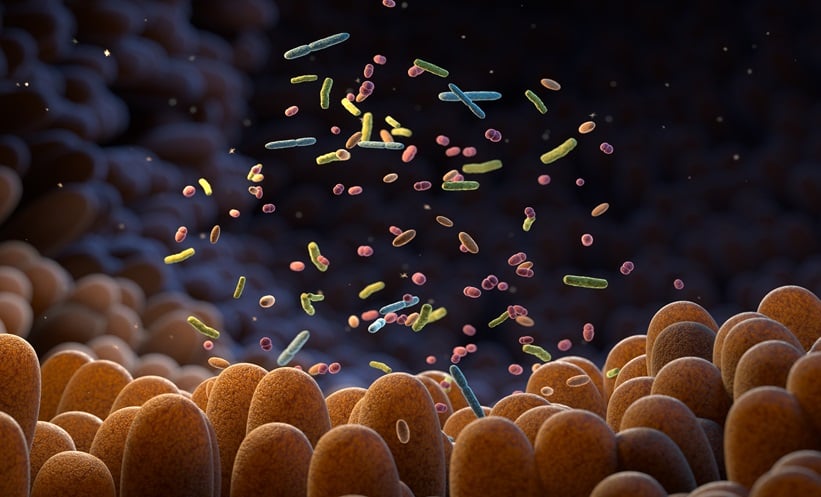MELANOMA is the most aggressive and deadly form of common skin cancer. Immune checkpoint blockade (ICB) therapies, including PD-1 inhibitors (nivolumab and pembrolizumab), CTLA-4 inhibitor (ipilimumab), and LAG-3 inhibitor (relatlimab), have significantly improved survival outcomes for patients with advanced melanoma. However, many patients either fail to respond or develop resistance, underscoring the need for improved strategies and predictors of therapeutic response.
Emerging evidence highlights the gut microbiome’s influence on immunity and cancer therapy. Dysbiosis – the imbalance in gut microbial communities – has been linked to numerous diseases, including cancers. Recent studies have demonstrated that modulating the gut microbiome can enhance responses to ICB, with methods like faecal microbiota transplantation showing promise in preclinical models and small human studies. However, logistical and safety challenges limit faecal microbiota transplantation’s widespread application.
Diet, a critical determinant of the gut microbiome, offers a practical intervention. Fibre-rich diets promote beneficial microbiota, producing short-chain fatty acids that enhance immune functions. Observational studies have shown that insufficient dietary fibre intake correlates with poorer ICB responses. Preclinical models confirm that fibre deprivation negatively impacts tumour immunity via the gut microbiome.
This new trial aims to explore whether dietary modifications can improve outcomes in melanoma patients undergoing ICB. As the first controlled feeding study in this context, it minimises dietary variability to rigorously assess diet-induced microbiome and immune changes. Preliminary findings suggest that high-fibre diets foster SCFA production, enhance microbial diversity, and improve gut-immune interactions.
Despite promising leads, the diet-microbiome-immunity axis in cancer therapy remains underexplored. By analysing biospecimens, this trial seeks to uncover biomarkers of therapeutic success and develop personalised dietary strategies to prevent melanoma recurrence and overcome resistance. With dietary guidelines for cancer currently extrapolated from prevention studies, this research could pioneer specific recommendations tailored to therapy and tumour type, offering hope for improved outcomes in melanoma treatment.
Katie Wright, EMJ
Reference
Farias RM et al. Diet and immune effects trial (DIET)- a randomized, double-blinded dietary intervention study in patients with melanoma receiving immunotherapy. BMC Cancer. 2024;24(1):1493.






